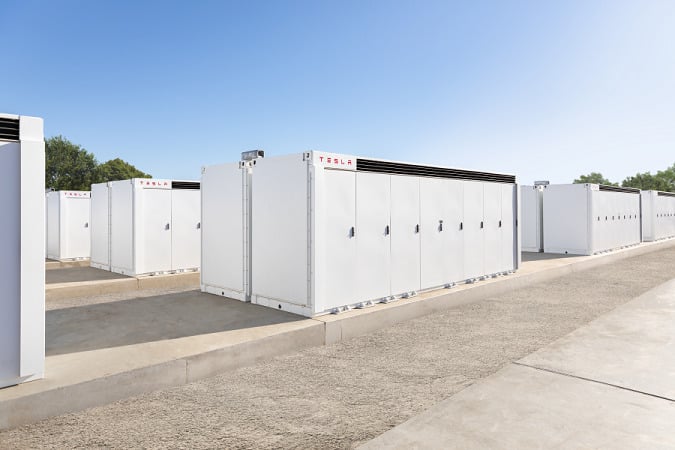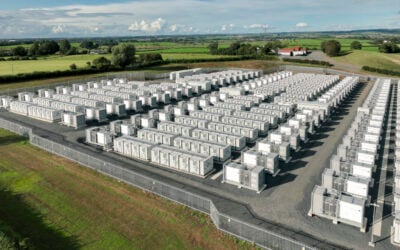
Data from UK consultancy Cornwall Insight shows that profits for battery storage units in the country will rebound by 2026 after “an extended period of underperformance”.
The firm’s GB Battery Revenue Forecast shows that annual revenues for 2-hour assets are set to increase from around £96/kW (US$123.43/kW) in 2025 to £108/kW by 2026, with other durations observing similar growth, Cornwall Insight said. This is attributed to rising wholesale prices, added price volatility and renewables build out over the coming years.
Lead analyst at Cornwall Insight Joe Camish said: “After a challenging period for battery asset owners in GB, we are forecasting a recovery in battery storage revenues over the next two years. This will be encouraging news for investors and asset owners, signalling a more robust and sustainable future for battery storage investments for the remainder of the decade.
“This has been underscored by our recent modelling in which revenue levels are projected to remain above current levels, supported by greater wholesale price volatility in the late 2020s.”
Try Premium for just $1
- Full premium access for the first month at only $1
- Converts to an annual rate after 30 days unless cancelled
- Cancel anytime during the trial period
Premium Benefits
- Expert industry analysis and interviews
- Digital access to PV Tech Power journal
- Exclusive event discounts
Or get the full Premium subscription right away
Or continue reading this article for free
UK battery revenues hit a peak in August, according to analysis by Modo Energy, which reported that battery energy storage systems (BESS) earned the second highest daily total revenue in 2024 so far, reaching a high of £250/MW, on 21 August.
So far in 2024, Britain has seen prices fall below zero for a total of 147 hours – 44 more than the entire of 2023. Modo Energy forecasts that negative-priced hours will total 188 hours by the end of the year. This rise in negative-priced periods contributed to a rise in BESS revenues for late August.
Further, Modo reported that on 21 August, UK BESS systems provided over 600MW of power to the grid through the Balancing Mechanism (BM), boosting the sale price to £47/MW in addition to their wholesale and frequency response revenues.
To read the full version of this story, visit Current.





